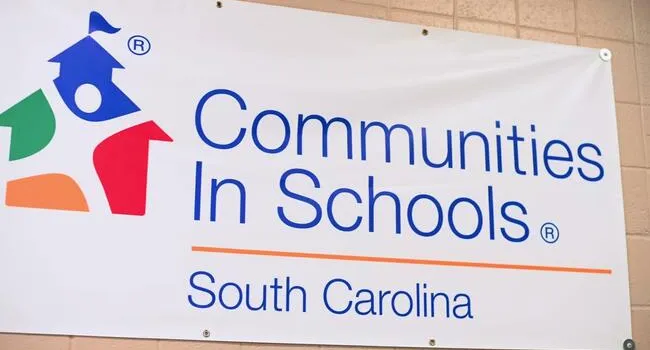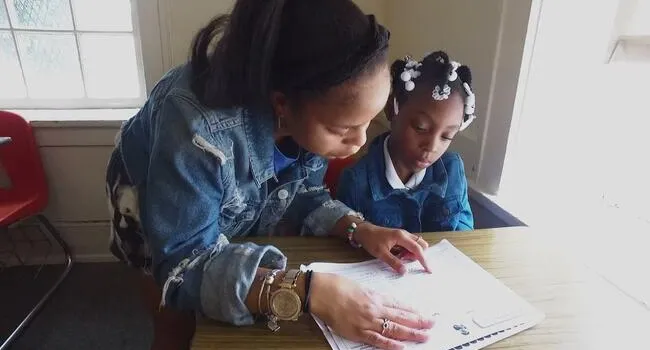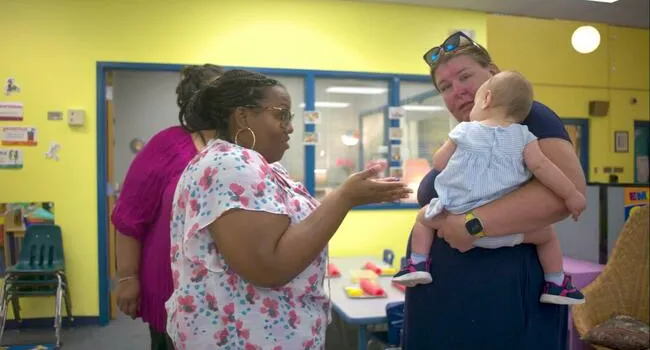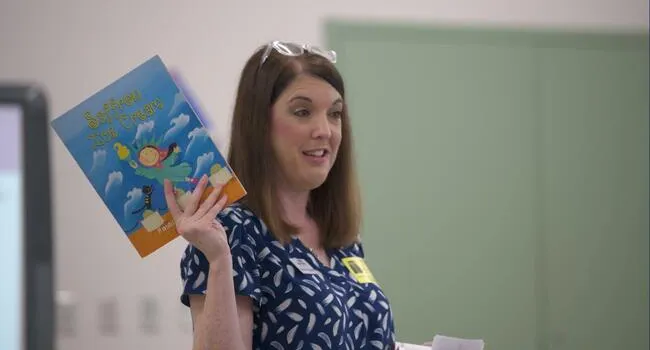The Teacher Cadet Program is a secondary recruitment program aimed at attracting the “best and brightest” students to the teaching profession. The Program provides a curriculum-based, hands-on approach to educate students on the requirements to become a successful teacher and enables students to put their knowledge to work through a classroom internship. Its mission is to “encourage academically-able students who possess exemplary interpersonal and leadership skills to consider teaching as a career,” and it provides the opportunity for schools and districts to identify and recruit “homegrown” teachers and educators. Founded in 1986-87 and piloted in four South Carolina high schools, the program has grown to include approximately 160 South Carolina high schools serving over 2,500 juniors and seniors annually.
Teacher Cadet is a rigorous college level, dual credit accrual course, and each school site is supported by one of 23 SC teacher education institutions in the Teacher Cadet network. For a student to be eligible for this class, they must have a “B” average in college preparatory courses, submit five written teacher recommendations, and write an essay on why they want to participate in the class. Adopted in 33 states to date, the Teacher Cadet Program’s 44 rigorous standards are correlated with those of the National Council for Accreditation of Teacher Education (NCATE), Association of Teacher Educators (ATE), National Board for Professional Teaching Standards (NBPTS), and Interstate Teacher Assessment and Support Consortium (InTASC). In February 2010, those standards were adopted as the “national” standards for the Future Educators Association (F.E.A.), an international student organization dedicated to supporting young people interested in education-related careers.






























